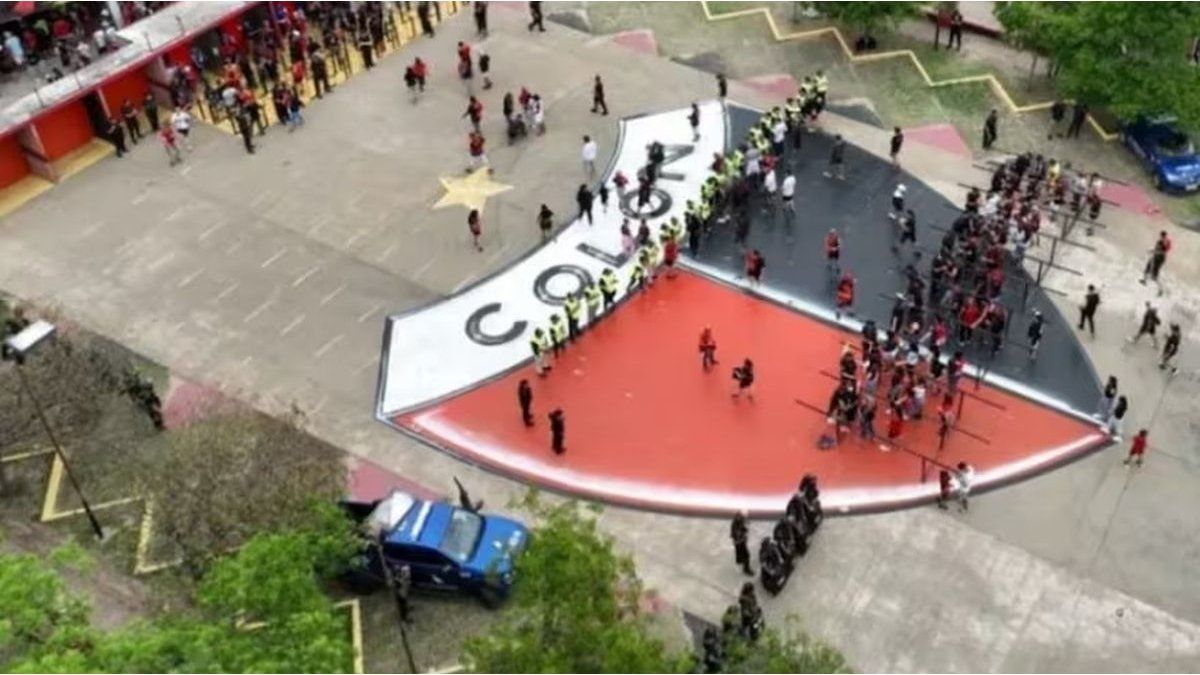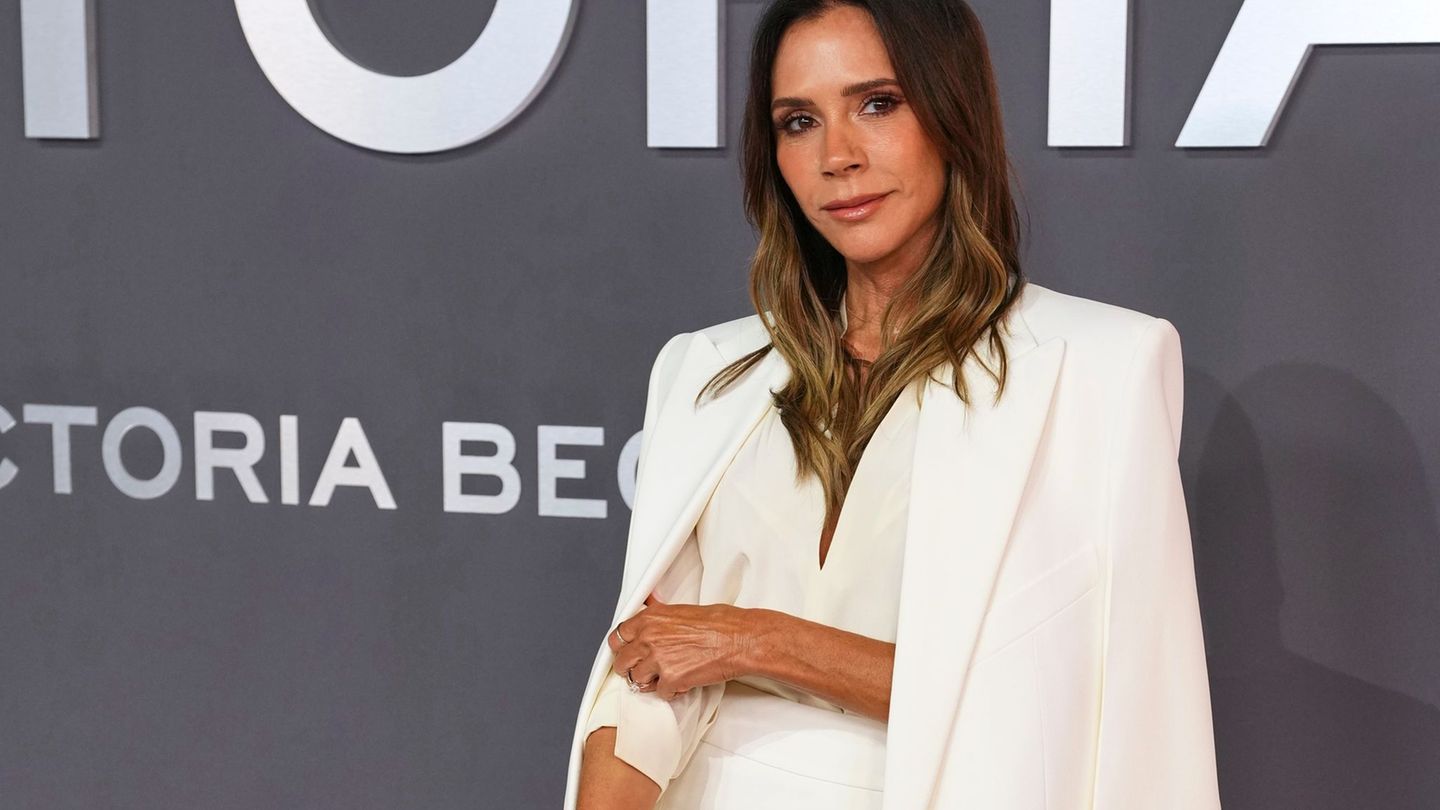The large protest demonstrations against subsidy cuts are over for the time being. In order to appease the farmers, the coalition wants to create better conditions. Does this also affect meat prices?
The tractors are rolling in the fields again. But in many villages there is still frustration over Berlin’s agricultural policy. After weeks of farmers’ protests against the end of long-standing diesel benefits, the coalition is trying to accommodate the industry with other relief.
Chancellor Olaf Scholz (SPD) also got involved and met with the government commission on the future of agriculture. The focus is on several relief measures and also the long-unresolved question of what secured financing for a conversion of animal husbandry should look like – with possible consequences for prices in supermarkets.
“Agriculture Future Commission”
Business meetings in the Chancellery are usually more likely to come together when it comes to the automotive industry, for example. Scholz has now invited the “Future Commission for Agriculture”, which was set up by his predecessor Angela Merkel, to the exchange, but it is not just a representative of the industry’s interests. Farmers and the food industry, nature conservationists and consumer advocates, trade and science are represented. In 2021, the broad committee brought about a kind of agrarian peace with recommendations for restructuring the food system. This is now relevant again.
There was already a stir before the meeting about a central point on which politicians have not made any progress for years: farmers should not be left alone to face the additional costs of converting animal husbandry to better conditions. As a boost, the traffic light has reserved one billion euros for pig farmers. However, we are looking for a permanent model for the entire animal husbandry. A concept from another commission led by former Agriculture Minister Jochen Borchert has been available since 2020, which proposes a higher VAT or an animal welfare tax on animal products.
Debate about VAT
The model of a gradual increase in VAT from a reduced 7 percent to the standard rate of 19 percent is also mentioned in a draft paper by the Future Commission, which was first reported by “Bild”. Agriculture Minister Cem Özdemir immediately welcomed the idea. Because he always emphasized that he was also open to other financing options.
In the midst of the farmers’ protests, the Green politician aggressively campaigned for an “animal welfare cent”, which could initially be smaller than the animal welfare tax brought into play by the Borchert Commission with a possible surcharge of 40 cents per kilogram of meat.
The idea was initially rejected in the coalition because the FDP-led finance department did not take up the ball. Is a new dynamic now coming about through the widely recognized Future Commission? The farmers’ association signaled its rejection of an increase in VAT to 19 percent, but in principle supports the Borchert concept. The consumer organization Foodwatch called for: “VAT on meat to be high and on fruit and vegetables to zero: This would be a measure that can be implemented immediately that helps to protect the climate and promote healthy eating.”
The Federation of Organic Food Industry does not see a higher VAT on meat, sausage or milk as an ideal approach. However, this would at least be the most feasible because of the low administrative effort. The associated disadvantages for organic farms, whose products would be more expensive than average, would have to be compensated for when calculating premiums for farms.
After the Chancellor’s meeting, the government commission announced an overall package with proposals that would be supported by all members. The committee stands for the fair balance of interests and is not afraid to develop solutions by consensus even for hot topics such as the restructuring of animal husbandry and its financing, the agricultural scientist Regina Birner and the agricultural economist Achim Spiller made clear as a team of speakers.
The government said the conversation took place in a trusting atmosphere. The industry’s expectations remain high that concrete steps will now be taken to implement other aspects. The traffic light coalition has guaranteed resolutions before the summer. An overview of the catalog:
Areas
Özdemir is implementing relaxed EU environmental regulations. Accordingly, the requirement to leave four percent of arable land lying fallow will no longer apply to farms in 2024. The government is committed to ensuring that this remains the case in the coming years and does not have to be decided again every year.
Steer
The aim is to make it easier if, for example, farmers only make high profits in some years because of the weather and then have to pay high taxes.
Market position
The position of farmers in the retail chain up to the large supermarkets should be strengthened – for example with better market and price monitoring as a basis for farmers’ sales decisions.
Technologies
The government wants to examine how the use of alternative drives can advance – including through tax relief for fuels.
bureaucracy
The focus is on easing requirements and requirements, such as documentation and record-keeping requirements for animal owners or fertilizer rules.
Source: Stern




